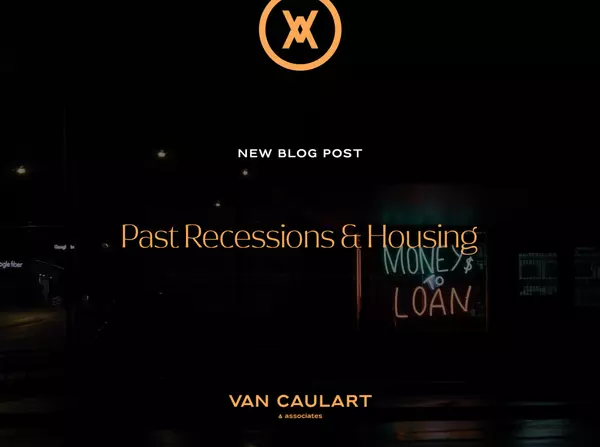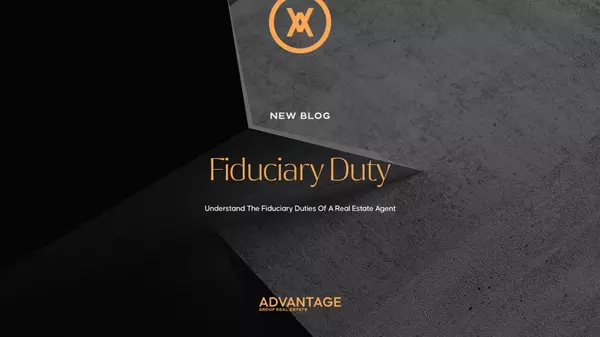
Experts Check In
The spring real estate market is heating up. With spring in full swing, let’s check in some industry leaders, to see what they have to say about buying and selling this spring, and what it means for you. Selma Hepp, Chief Economist, CoreLogic: “We see more competition among buyers . . . Housing sup

Stuck in a Sellers' Market
The last few years have seen a great deal of volatility in the housing market. Buyers scrambled in the pandemic, mortgage rates spiked, and home prices peaked last summer. So why haven’t prices crashed back down? Sellers have been able to keep prices fairly stable over the last several months becaus

What Past Recessions Tell Us About the Housing Market
The economy is constantly shifting, and even if you're not one to closely follow its every move, you've likely caught wind of the ominous whispers of an impending recession. The causes of economic turmoil are many and varied. Still, by turning to the wisdom of those who have studied the markets for
Categories
Recent Posts










